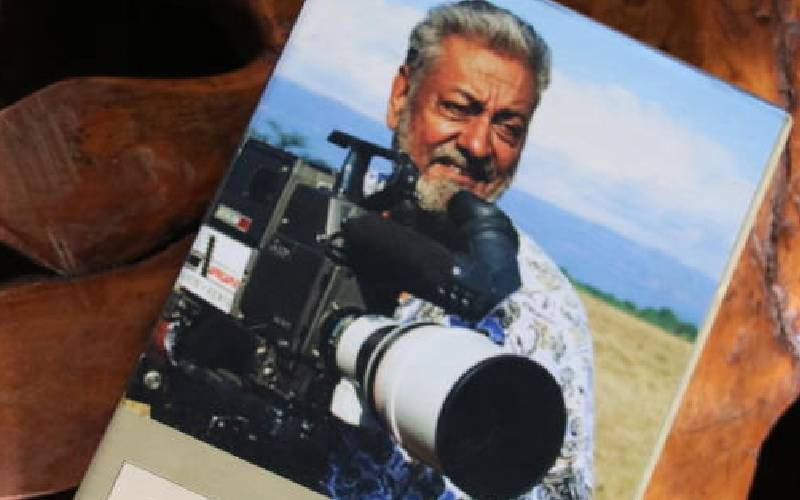×
The Standard e-Paper
Fearless, Trusted News

An overzealous junior administrator excited by the Ethiopian flag and foreign military fatigues conspired to deny Kenya a place of honour in Hollywood.
During the filming of Out of Africa in 1984, State agents harangued the producers for depicting Africans as only domestic servants. In frustration, the director, Sydney Pollack, vowed never to make another film in Kenya.